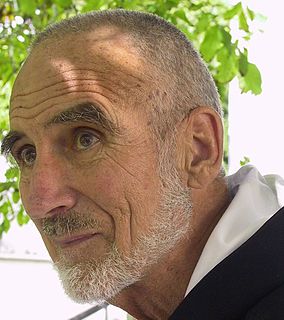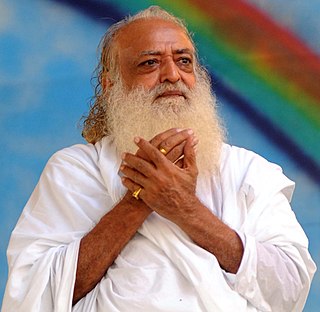A Quote by Thomas Merton
To become attached to the experience of peace is to threaten the true and essential and vital union of our soul with God above sense and experience in the darkness of a pure and perfect love.
Related Quotes
My greatest sense comes from the experience of performing in the movie. When I have a great experience, that becomes a perfect movie. If it makes a nickel, it's still perfect. The same is true with a movie that's a bad experience. If it makes a bejillion dollars, I will hate it till the end of time.
My beloved soul,
having awakened at last into My Peace,
you can return consciously and
completely to your own Original Source.
As this homecoming fills you
with in expressible joy
it pervades Allah Most High
with profound delight as well
(You will) experience the perfect union
with Love that is My highest Paradise.
The first spiritual law of success is the Law of Pure Potentiality. This law is based on the fact that we are, in our essential state, pure consciousness. Pure consciousness is pure potentiality; it is the field of all possibilities and infinite creativity. Pure consciousness is our spiritual essence. Being infinite and unbounded, it is also pure joy. Other attributes of consciousness are pure knowledge, infinite silence, perfect balance, invincibility, simplicity, and bliss. This is our essential nature. Our essential nature is one of pure potentiality.
[Peace] is the highest and most strenuous act of the soul, but an entirely harmonious act, in which all our powers and affections are blending in a beautiful proportion, and sustain and perfect one another. It is more than the silence after storms. It is as the concord of all melodious sounds ... an alliance of love with all beings, a sympathy with all that is pure and happy, a surrender of every separate will and interest, a participation of the spirit and life of the universe.... This is peace, and the true happiness of [humanity].
Fasting with a pure heart and motives, I have discovered, brings personal revival and adds power to our prayers. Personal revival occurs because fasting is an act of humility. Fasting gives opportunity for deeper humility as we recognize our sins, repent, receive God's forgiveness, and experience His cleansing of our soul and spirit. Fasting also demonstrates our love for God and our full confidence in His faithfulness.
Loneliness is the fundamental force that urgees mystics to a deeper union with God... An experience of God quenches this thirst for the absolute but at the same time, paradoxiacally, whets it, because this is an experience that can never be total; by necessity, the knowledge of God is always partial. So loneliness opens up mystics to a desire to love each other and every human being as God loves them.
We are not to renounce our senses and experience, nor (that which is the undoubted Word of God) our natural Reason. For they are the talents which he hath put into our hands to negotiate, till the coming again of our blessed savior, and therefore not to be folded up in the napkin of an implicate faith, but employed in the purchase of justice, peace, and true religion. For though there be many things in God's Word above Reason--that is to say, which cannot by natural reason be either demonstrated or confuted--yet there is nothing contrary to it.
In the dominant Western religious system, the love of God is essentially the same as the belief in God, in God’s existence, God’s justice, God’s love. The love of God is essentially a thought experience. In the Eastern religions and in mysticism, the love of God is an intense feeling experience of oneness, inseparably linked with the expression of this love in every act of living.
Transcendence or detachment, leaving the body, pure love, lack of jealousy-that's the vision we are given in our culture, generally, when we think of the highest thing. . . . Another way to look at it is that the aim of the person is not to be detached, but to be more attached-to be attached to working; to be attached to making chairs or something that helps everyone; to be attached to beauty; to be attached to music.


































